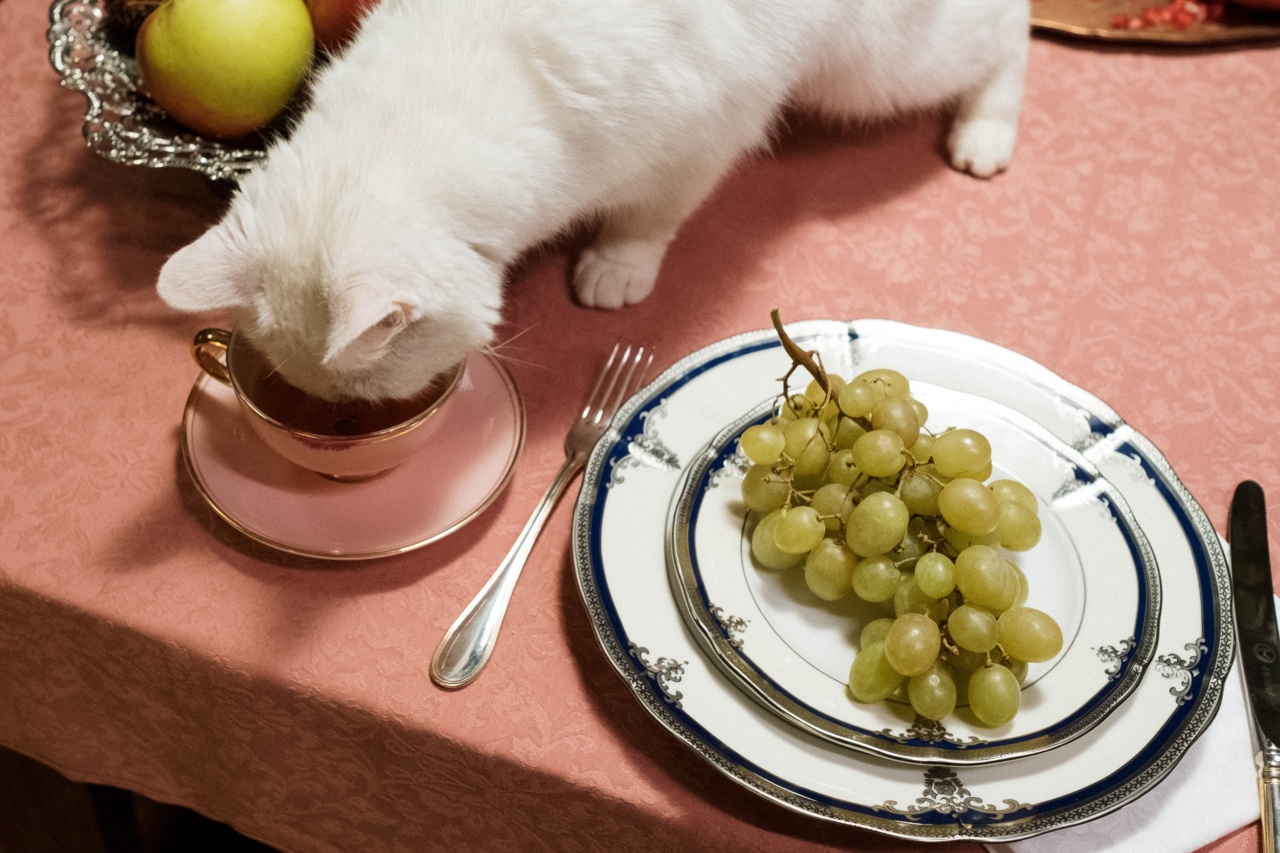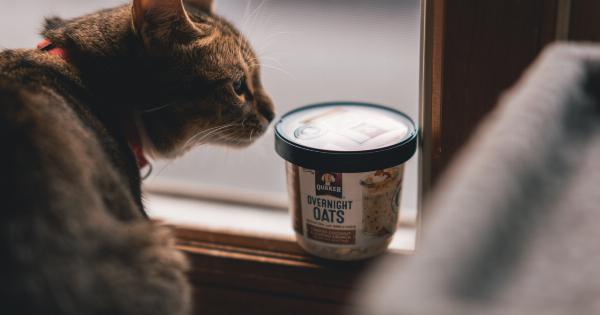As a cat owner, you may have noticed that your furry friend seems to have an insatiable appetite. While some cats are naturally more food-oriented than others, excessive eating can be a cause for concern.
In this article, we will explore the possible reasons behind your cat’s excessive eating habits and provide some tips on how to address this issue.
1. Poor food quality or inadequate nutrition
One of the first things to consider when trying to understand your cat’s constant hunger is the quality of their food. Cats have specific dietary requirements, and poor-quality food may not provide adequate nutrition, leading to constant hunger.
Ensure that you are providing a balanced and nutritionally complete diet for your cat.
2. Underlying health conditions
If your cat’s appetite has suddenly increased, it could be an indication of an underlying health issue. Conditions such as diabetes, hyperthyroidism, or even parasites can lead to excessive hunger in cats.
It is important to consult with your veterinarian to rule out any potential health problems.
3. Stress or anxiety
Just like humans, cats can experience stress or anxiety, which may manifest as excessive eating. Changes in their environment, such as moving to a new home or the addition of a new pet, can trigger stress in cats.
Providing a calm and predictable environment can help alleviate their anxiety and reduce their overeating tendencies.
4. Lack of physical activity
Cats are natural hunters, and their wild counterparts would spend a significant amount of time hunting for food. In a domestic setting, cats may not have the same level of physical activity, leading to boredom and overeating.
Ensure that your cat has plenty of opportunities for exercise and mental stimulation to curb excessive eating.
5. Feeding schedule and portion control
Another possible reason for your cat’s constant hunger is the feeding schedule and portion control. Cats are grazers by nature, and if food is available at all times, they may overeat.
Establish a consistent feeding schedule and measure out appropriate portion sizes for your cat to avoid excessive eating.
6. Age-related changes
As cats age, their metabolic rate may decrease, leading to weight gain and increased appetite. This is especially true for senior cats.
It is important to adjust their diet accordingly and consult with a veterinarian to ensure they are receiving the appropriate nutrition for their age.
7. Begging behavior reinforcement
If your cat has learned that excessive meowing or begging results in getting more food, they may continue to exhibit this behavior even when they are not genuinely hungry.
Resist the urge to give in to their demands and instead provide affection or playtime as alternative rewards.
8. Poor eating habits
Cats that have been free-fed or exposed to inconsistent feeding routines may develop poor eating habits, including excessive eating. It is crucial to establish a regular feeding routine and stick to it to help regulate your cat’s appetite.
9. Prescription medication side effects
If your cat has been prescribed medication for any health condition, it is essential to check whether increased appetite is listed as a potential side effect. Some medications can stimulate hunger, leading to excessive eating.
Consult with your vet to explore alternative medications or adjust the dosage if necessary.
10. Genetic predisposition
Finally, it is important to consider that some cats may have a genetic predisposition towards excessive eating. Certain breeds are known for their food-driven behavior and may require extra attention to prevent overeating.
Research your cat’s breed and consult with your veterinarian for breed-specific recommendations.
Conclusion
If your cat’s excessive eating is a cause for concern, it is crucial to address the underlying reasons and take appropriate action.
Consider the possible factors discussed in this article and consult with a veterinarian to ensure your cat’s wellbeing and to establish a plan to manage their appetite effectively.





























